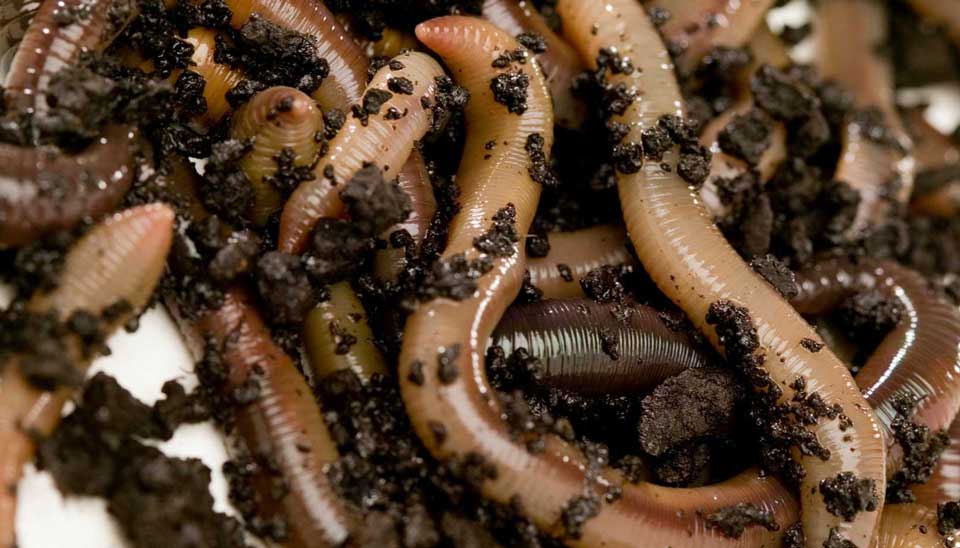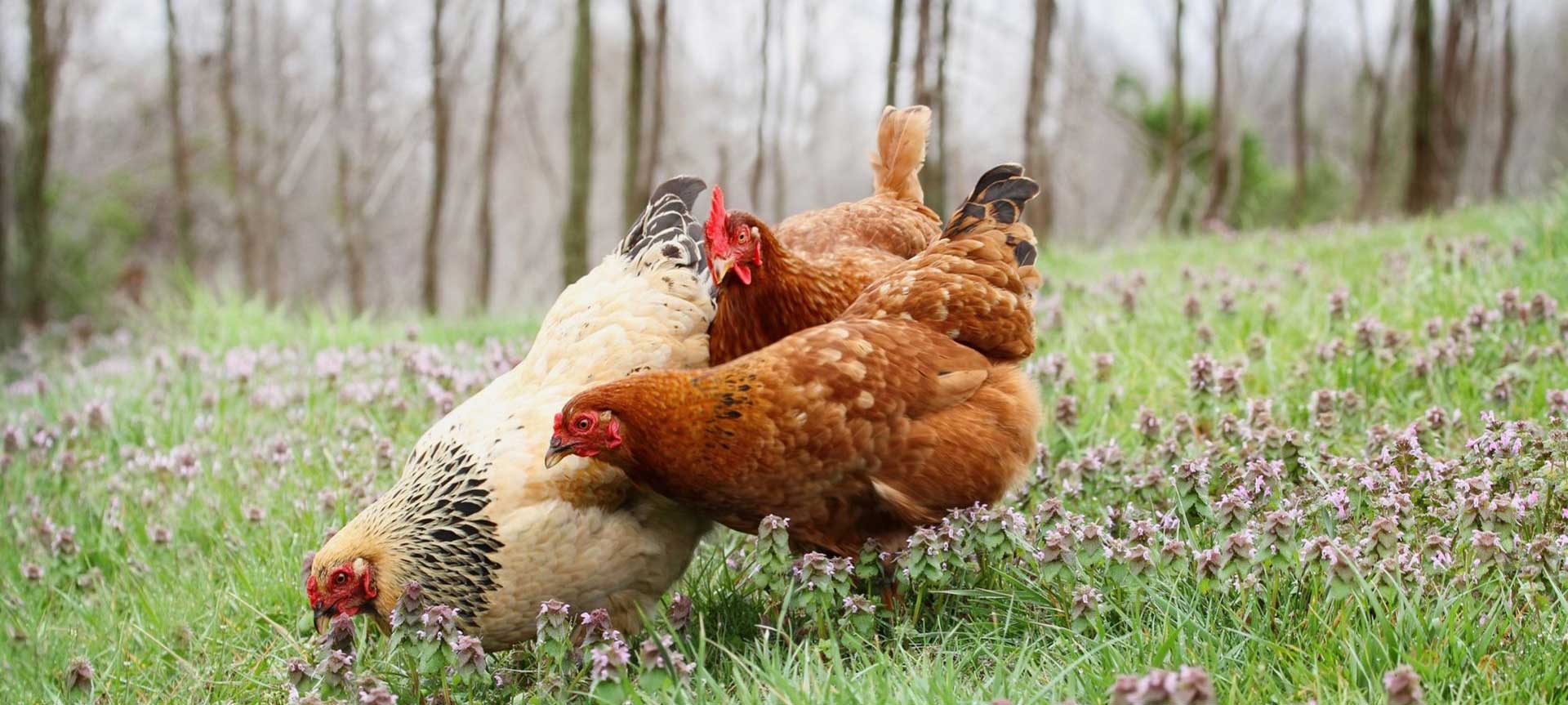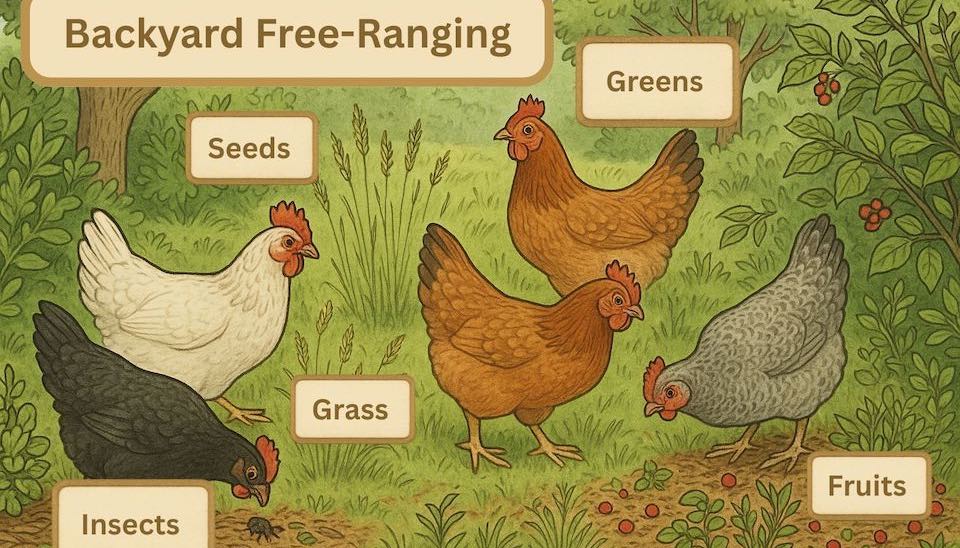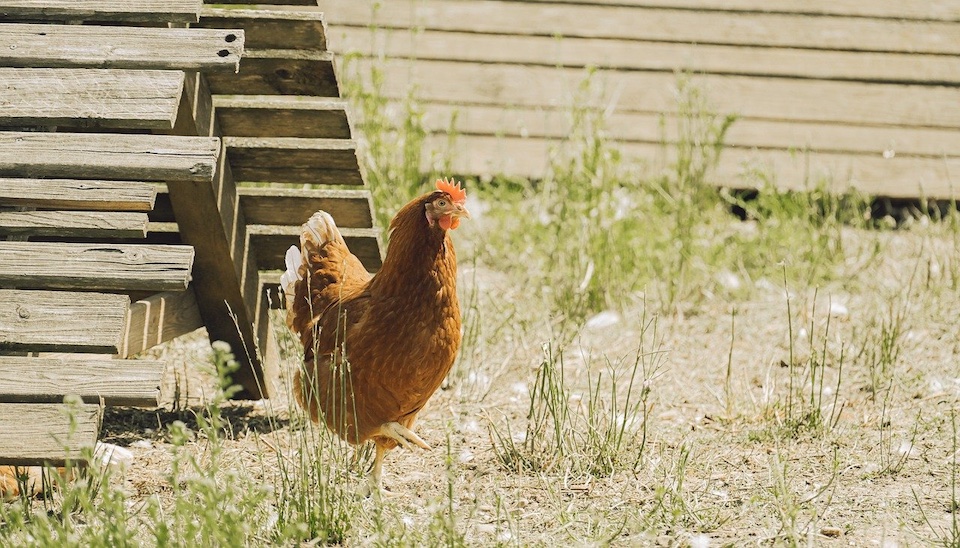What do Wild Chickens eat?
What Do Wild Chickens Eat?
Wild chickens, or jungle fowl, have thrived for centuries by foraging for insects, seeds, plants, and more.
While you won’t find wild chickens roaming the Australian bush, understanding their natural diet can help you create a healthy, balanced menu for your backyard flock. Allowing your chickens to forage, eat insects, and access greens mimics their wild habits, promoting better health, stronger eggs, and more natural behaviour.
If you want to replicate a wild chicken’s diet, give your flock access to high-protein treats like dried mealworms or grow your own greens with the Dine-A-Chook Gourmet Greens Mix.
Letting them roam in a safe area and forage on their own will keep your chickens healthy and entertained while improving their diet naturally.
Key Takeaways
- Chickens in the wild eat a mix of insects, plants, seeds, and small fruits, which provide them with a natural, balanced diet.
- You can replicate this diet for your backyard chickens with protein-rich treats like mealworms and by growing greens using the Dine-A-Chook Gourmet Greens Mix.
- Allow your chickens room to forage safely, which reduces boredom and prevents behavioural issues like feather pecking.
- Check out our related blog post on free-range chicken keeping for tips on creating a safe and enriching environment.
- Be cautious of gardens and leafy greens that your chickens can access, as they will happily snack on your vegetables!
What Do Chickens Eat In The Wild?
In the wild, chickens forage for food on and in the ground. When a chicken forages, it looks like they are biting the ground. What they are really doing is using their beak to find food. Their beak is a handy tool to flick away small branches and to peak under leaves for juicy morsels.
The ground in the bush is full worms and beetles which chickens find wonderfully juicy and tasty. Insects are high protein and other nutrients which are all necessary for healthy egg production.
Now you might think eating a gooey worm is pretty gross but chooks love them. Here is a list of some of the other things chooks eat in the wild.

High-Protein Insects That Chickens Love:
- Crickets
- Flies
- Spiders
- Ticks
- Caterpillars
- Grasshoppers
- Grubs
- Beetles

In the wild, chickens devour insects like maggots and flies with enthusiasm. If your backyard isn’t teeming with these critters, you can provide dried mealworms as a nutritious treat. These are high in protein and make a fantastic supplement to a chicken’s diet.
Plants, Seeds, And Fruits:
Alongside insects, chickens naturally forage for seeds, berries, and plants. They particularly love berries and will raid bushes for fruit whenever they can. Giving your chickens access to fresh greens or growing your own with the Dine-A-Chook Gourmet Greens Mix can replicate this part of their diet.
Encourage Natural Behaviour With Room To Forage
Foraging isn’t just about diet—it’s also essential for a chicken’s mental and physical health. Chickens confined to small coops are more likely to develop behavioural problems, such as bullying or feather pecking. Allowing them space to explore and scratch for food reduces stress and keeps your flock happier.
If you have a backyard, consider fencing off a safe area for your chickens to roam. This encourages natural foraging behaviour, which improves their overall wellbeing. Just be mindful of your vegetable garden—chickens will quickly destroy leafy greens and other plants if they can access them.
For more tips on safe free-range practices, read our blog post on free-range chicken keeping. To learn about the history of keeping backyard chickens, check out this article.
Make Their Diet More Natural
Chickens thrive on variety. By understanding what chickens eat in the wild, you can enrich your flock’s diet with high-protein insects, fresh greens, and safe foraging opportunities. Using treats like mealworms and growing your own forage greens with the Gourmet Greens Mix, you can bring the benefits of a wild chicken diet right into your backyard.
And while wild chickens might not have fancy feeders or drinkers in the jungle, your domesticated friends will certainly appreciate them! Check out our Dine-A-Chook chicken feeders and poultry drinkers to keep your backyard flock well-fed and hydrated with minimal waste.
Happy chicken keeping!



